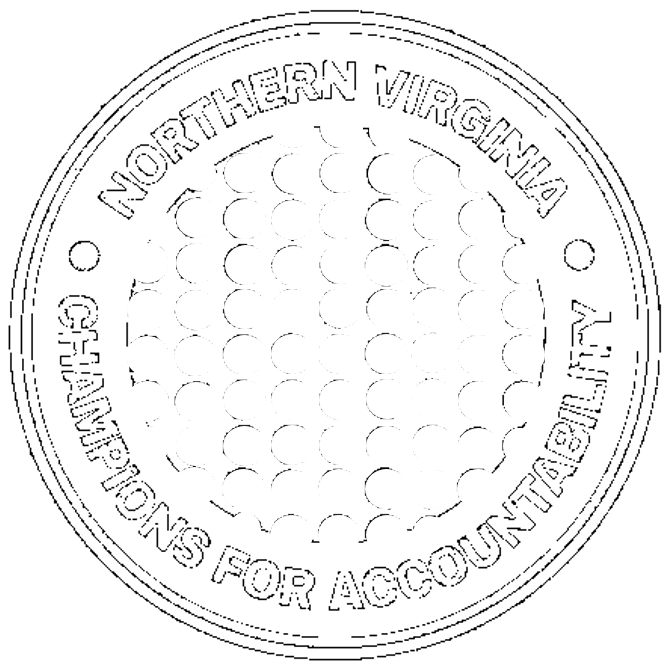June 13, 2023
In the fall of 2021, Mimi and Truman Deliee were 16 and 12 years old respectively. They told their grandmother, Marcy Mager that since they had everything they needed, she should take any money she intended to spend on holiday gifts and donate it to charity. She was not entirely surprised, since the children had long helped their parents working in food pantries and the family sometimes gave donations in addition to the more typical gifts of clothes, books, toys and electronics.
May 9, 2023
One year, when I was probably 7 or 8, I was watching the Jerry Lewis Labor Day Telethon with my family. It wasn’t the first time we’d had it on, and wouldn’t be the last, but I remember how excited everyone on the television was as the donations came pouring in. Something – maybe one of the performances? An appeal? Memory fails – triggered me to ask my parents if I could call the number and help. “That’s great!” they said. “You’ve got an allowance; you can certainly give something.” I called the number on the screen and spoke to someone offering $5, or maybe $10.
April 25, 2023
The Community Foundation for Northern Virginia has awarded $763,696 in grants to 44 local organizations through its 2023 Community Investment Funds (CIF), Environment Fund, and Ross-Roberts Fund for the Arts, helping support broad-based needs and address complex social issues across the region. This work addresses two of the core pillars of the Community Foundation’s strategic work— to build community resilience and advance social and economic mobility for all of Northern Virginia’s residents.
April 25, 2023
"Several years ago, my wife Laura and I heard Eileen Ellsworth talk about a new fund with the Community Foundation that could help our region for generations to come. It was a permanent endowment that would help fund the wide variety of community needs that the Community Foundation supports.
April 18, 2023
One of the Community Foundation’s pillars in our revised mission is “resilience,” the ability to build on and endure. As the past three years have shown us, there is no set formula to endure and prevail but there are many good ways to do so. The Community Foundation recently spoke with Yolonda Earl-Thompson, the founder and leader of the LAZERA Ministries. She has been a Rt 1 Corridor resident for 14 years, and is formerly the Community Impact Officer of United Community.
April 14, 2023
The Community Foundation for Northern Virginia is delighted to further partner with United Community by partially funding the COMMUN1TY+ Initiative, a project that aligns resources and efforts to support communities based on the needs expressed by residents of Mount Vernon and along the Route 1 Corridor.
March 24, 2023
Aging in Northern Virginia
On March 23, 2023, Elizabeth Hughes, Senior Director of Insight Region®, the Community Foundation for Northern Virginia's Center of Community Research, presented the findings from the report Growing Old Together in Northern Virginia at the annual Shape of the Region Conference. The report and the conference highlighted the complex challenges older Northern Virginians face, focusing on three questions that leaders across government, business, and non-profit can ask themselves in addressing these needs:
- How do we make it easier to be a caregiver?
- How do we increase the supply and affordability of senior housing?
- How do we help individuals afford to age in place?
Over 350 people attended the conference online and in person, from a near complete cross section of civil society, including government officials, non-profit and foundation staff, social changemakers, business leaders, and representatives at the local, state, and federal level. The conference featured multiple panels of national and local experts for candid discussions of the challenges older Northern Virginians face, and what innovative ideas and opportunities may exist in addressing this critical issue that impacts everyone.
March 22, 2023
Research and Investments to support those 65 and older
Northern Virginia is home to more than 310,000 adults over 65, of which 82 percent are living in a condo or house that they own. These aging homeowners have high rates of disability (28 percent) and poverty (13 percent are living below 200 percent of federal poverty). Source: American Community Survey, 2015-19; Insight Region® 2023 Growing Old Together in Northern Virginia Report
To address the needs of our aging population, the Community Foundation has produced data-driven reports, developed a permanent endowment, and makes grants annually to support non-profit partners working to support our neighbors 65 and older each year - having awarded $225,000 since 2011 in this field.
Connect with all of our Aging Resources below.
February 14, 2023
In May of 2017, the Community Foundation held an Innovation Breakfast at which the Democracy Collaborative presented on the burgeoning concept of community wealth building. In short, the discussion was around “using the economic leverage of local anchor organizations like local government, hospitals, universities, housing associations, or large local private sector employers, to tackle longstanding systematic challenges and structural inequities within communities,” as defined here. In the United States, that might look like employee ownership of a small business, or community-run funds for mutual aid.
February 6, 2023
The Community Foundation for Northern Virginia released its 2021-2022 Annual Report, "Renewal," which highlights the surge of entrepreneurial ventures in the region during the past year, as well as the Community Foundation's work mental health, and adopting a new four pillar strategic plan that focuses on advancing equity.
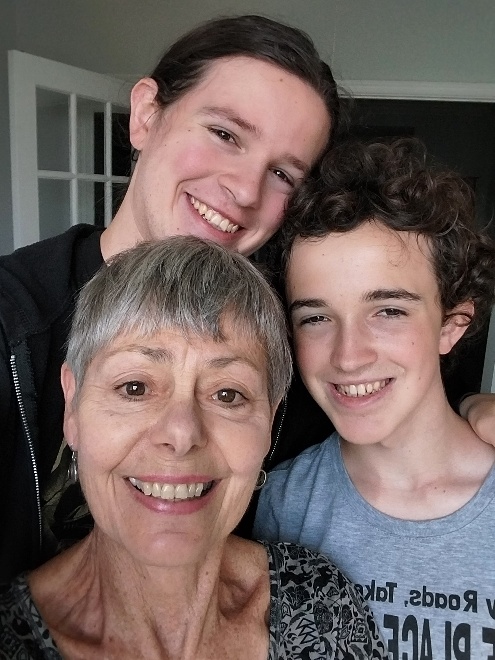

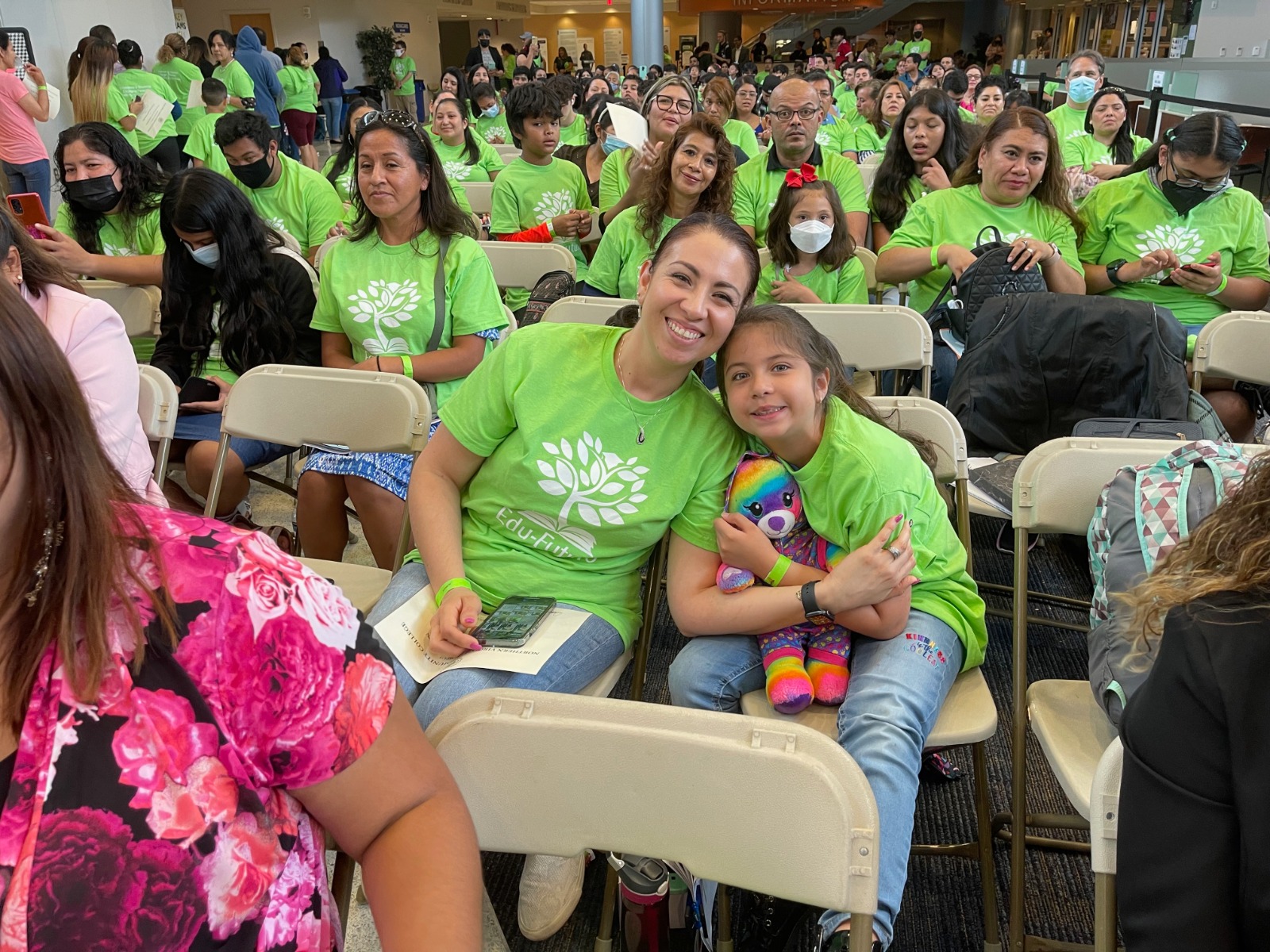
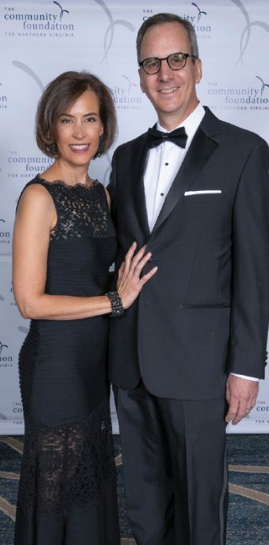


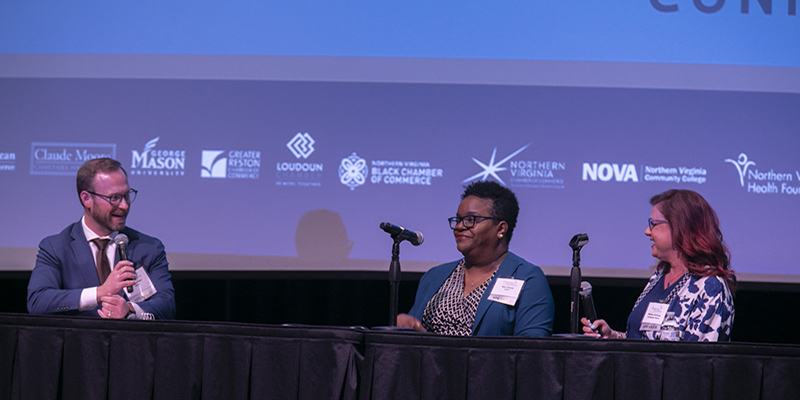

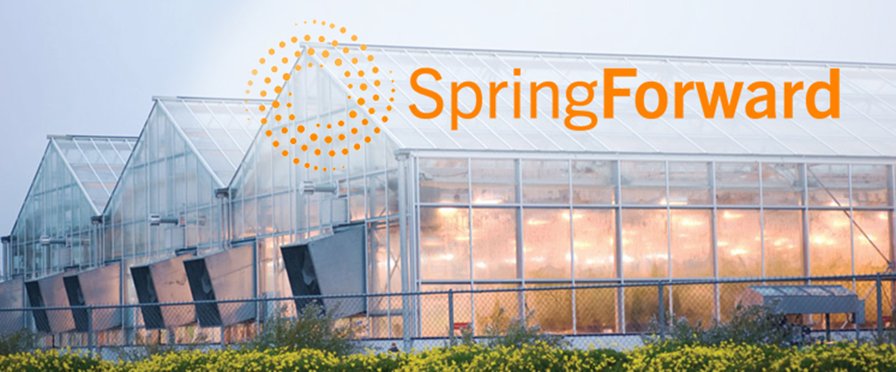
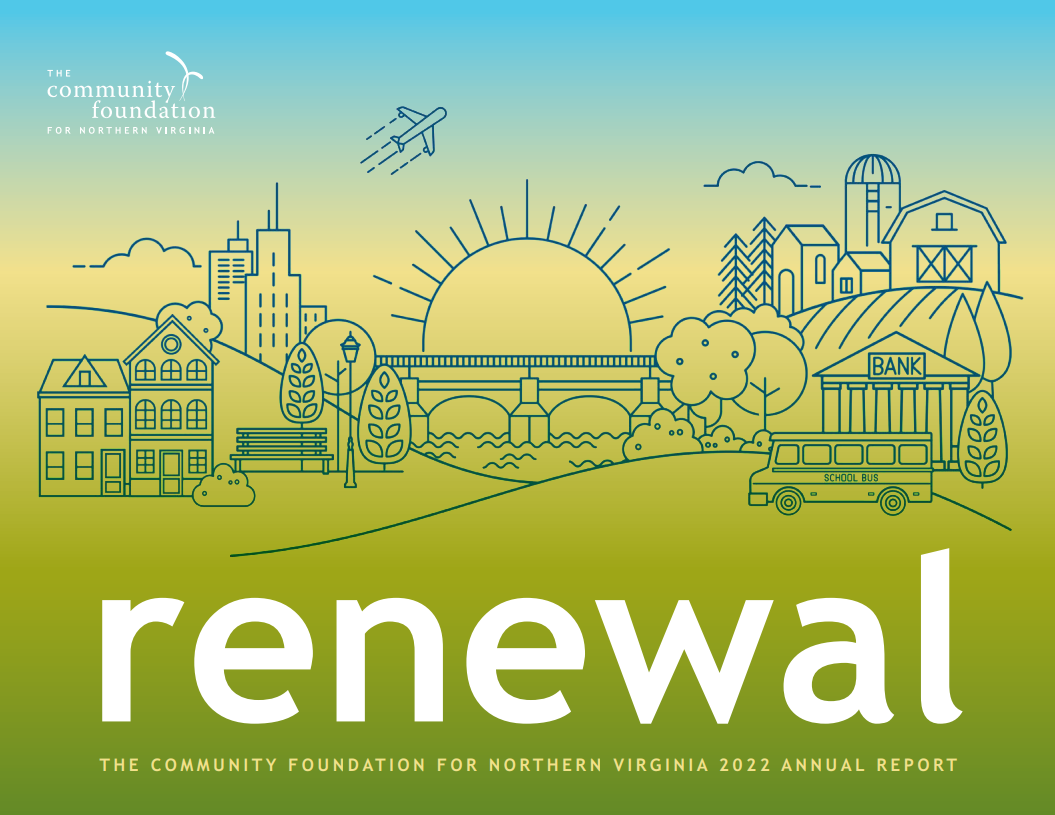
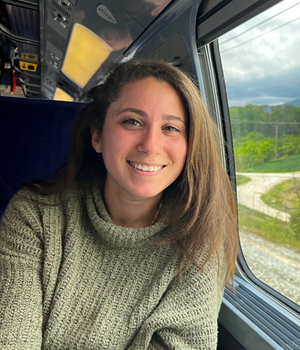 Questions?
Questions?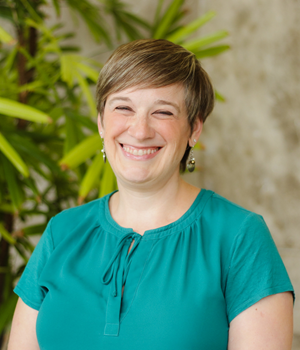 Questions?
Questions?

